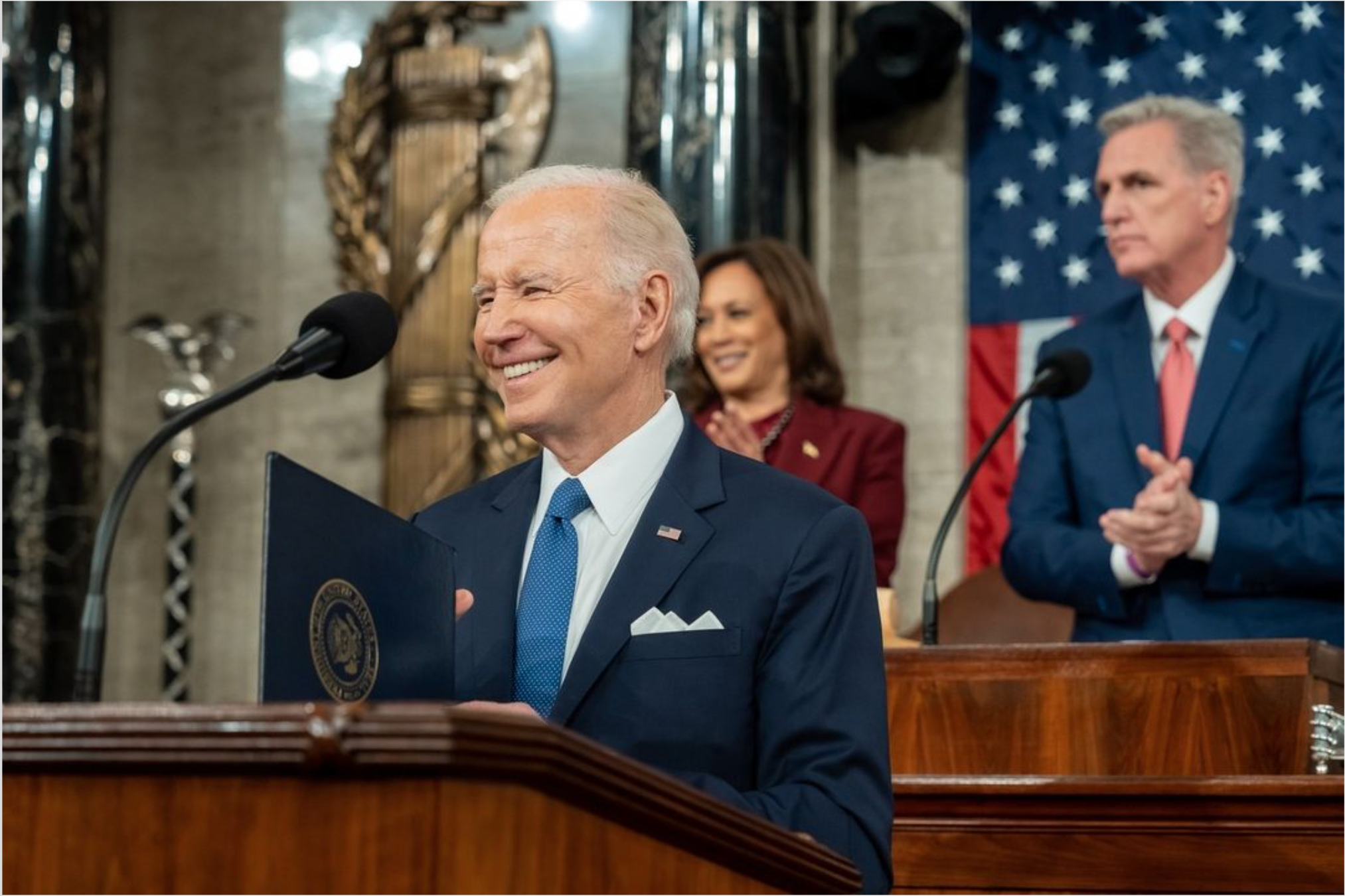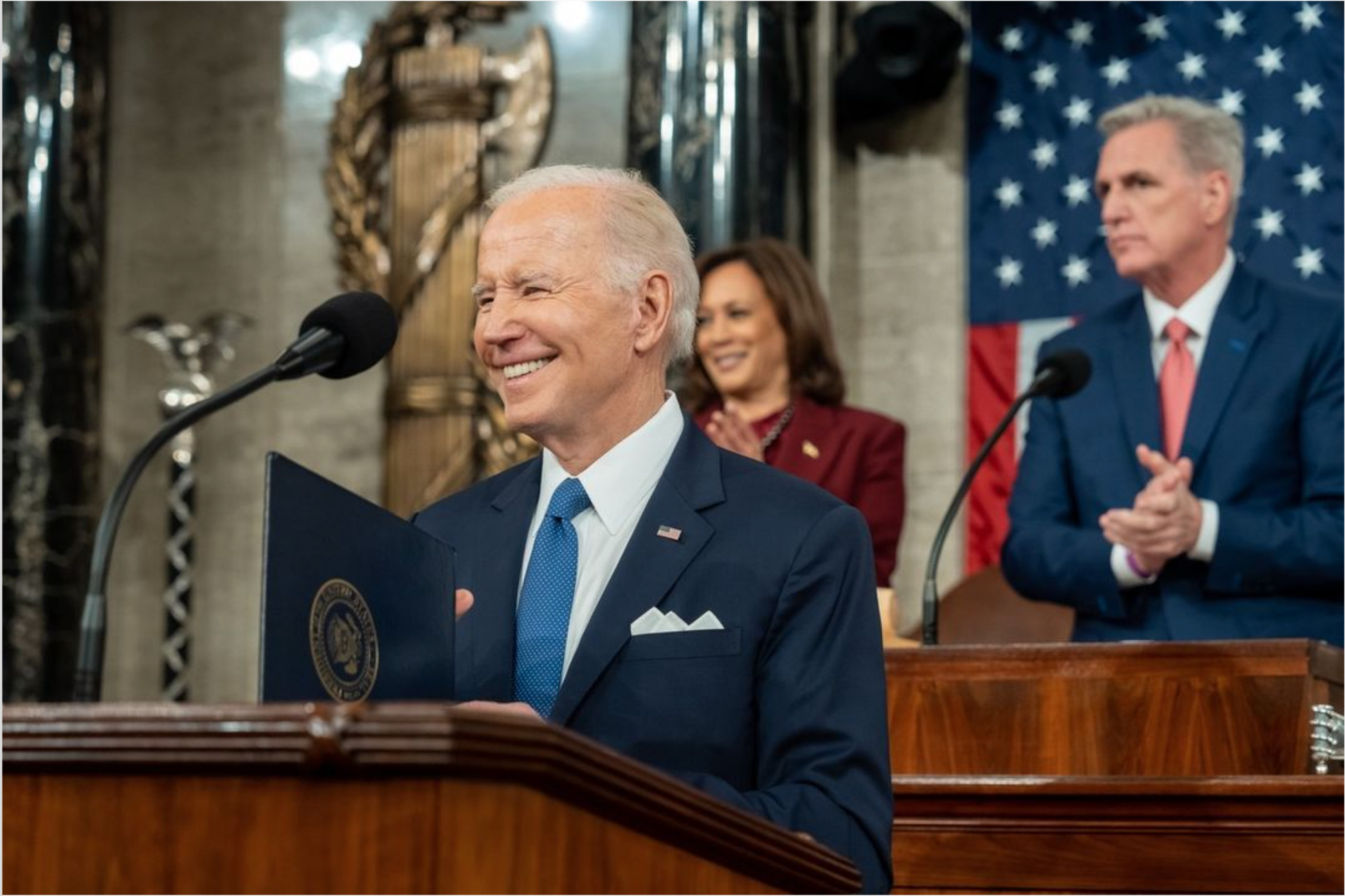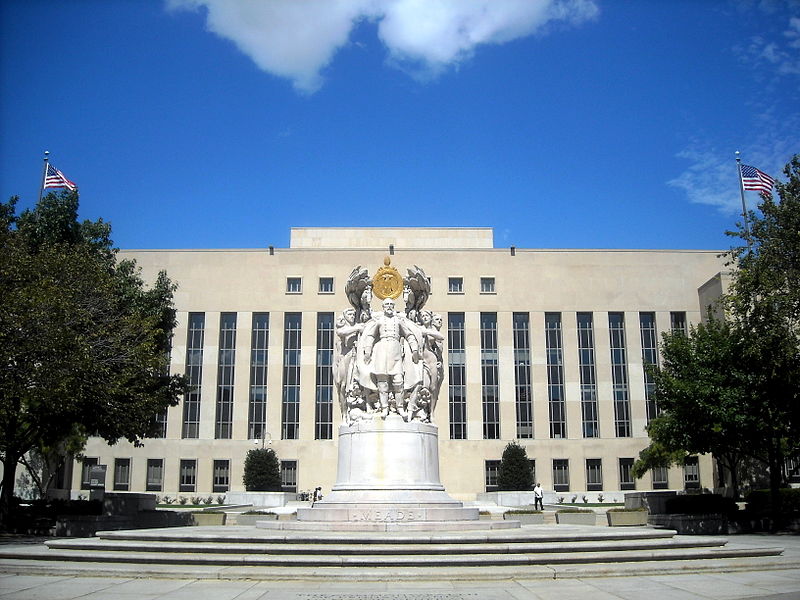-

The Lawfare Podcast: The World Crisis and International Law
-

Biden Brings Semiconductors to the Forefront of Americans’ Minds
On technology, President Biden’s State of the Union address sent a clear message: U.S.-China competition is here to stay, the American people are key stakeholders in the semiconductor industry, and publi... -

Power Struggles: Grid Attacks and Extremism in an Age of Climate Volatility
Domestic extremists are targeting the U.S. power grid’s aging, unprotected physical infrastructure to foment chaos. Climate change will intensify the impact of their attacks. -

The Lawfare Podcast: The World Crisis and International Law
International law has been under significant stress in the last decade as a result of global populism, the rise of China, the war in Ukraine, and the challenges of the pandemic, climate change, and cyber... -

The National Security Law Podcast: Top Gun 3: Deflategate!
The latest episode of the National Security Law Podcast. -

Biden Brings Semiconductors to the Forefront of Americans’ Minds
On technology, President Biden’s State of the Union address sent a clear message: U.S.-China -

United States and United Kingdom Issue Joint Sanctions on Members of Russian Cybercrime Gang
The United States and United Kingdom have issued joint sanctions against members of Trickbot -

The U.S. Government Should Try Harder to Minimize Costs of China Defensive Measures
The U.S. government’s proliferating defensive measures aimed at protecting sensitive technol -

The Lawfare Podcast: Alex Iftimie on the DOJ Disruption of the Hive Ransomware Group
-

Rational Security: The 'Are You There, Nena? It's Me, NORAD' Edition
-

Cyberspace and Instability: Reconceptualizing Instability
A new volume edited by Bobby Chesney and co-authors reconceptualizes instability in relation to cyberspace. -

The Chatter Podcast: Flat Earth Beliefs and Conspiracism with Kelly Weill
Priess and Weill discussed the genesis of her interest in conspiracies; what drives people toward conspiracy theories; the origins of modern flat earth thinking in the 1800s and its links to r -

ChinaTalk: Tech Policy Entrepreneurship + Chips Act + Talent Policy
The latest episode of ChinaTalk. -

The Lawfare Podcast: A Jan. 6 Committee Staffer on Social Media and the Insurrection
-

The Culture and Practices of Policing That Killed Tyre Nichols (and So Many Others)
Rather than treat Black and Brown Americans as members of the public they are supposed to se -

National Security Roundup for the 2023 State of the Union
National security highlights from President Biden’s 2023 State of the Union. -

The EU Can, and Should, Designate the IRGC as a Terrorist Group
The European Parliament recently voted to designate Iran’s Islamic Revolutionary Guard Corps (IRGC) as a terrorist group. The EU’s policy chief insists that such a move is not possible until a European c... -

The Proud Boys Jurors: Who Are They and Can They Be Fair?
Protests from defense lawyers notwithstanding, the Proud Boys jurors do not evince the prejudice required for a change of venue. -

The Lawfare Podcast: A Jan. 6 Committee Staffer on Social Media and the Insurrection
The Jan. 6 Committee released its final report on December 22, 2022—the capstone of a year and half of investigative work. But while the report is 800 pages, there’s a lot that it doesn’t include. The Wa... -

National Security Roundup for the 2023 State of the Union
National security highlights from President Biden’s 2023 State of the Union.
More Articles
-

Questions Remain About Leadership Failures in the Aftermath of Oct. 7
The prime minister’s responsibility for intelligence oversight raises questions about whether that authority was properly exercised. -

Google's Cyber Disruption Unit Kicks Its First Goal
The latest edition of the Seriously Risky Business cybersecurity newsletter, now on Lawfare. -

The Hidden Nondelegation Issue Raised by Trump v. Slaughter
If the Supreme Court overturns administrative agency independence, could nondelegation doctrine help limit executive power?







-jpeg.jpeg?sfvrsn=d4be4420_0)

.jpg?sfvrsn=faf9ea64_3)


-jpg.jpg?sfvrsn=7b308be7_0)
-1928c983-394b-444d-b1ec-f6590b7d9fee.jpeg?sfvrsn=78498e1e_7)
.jpeg?sfvrsn=773924a2_5)

